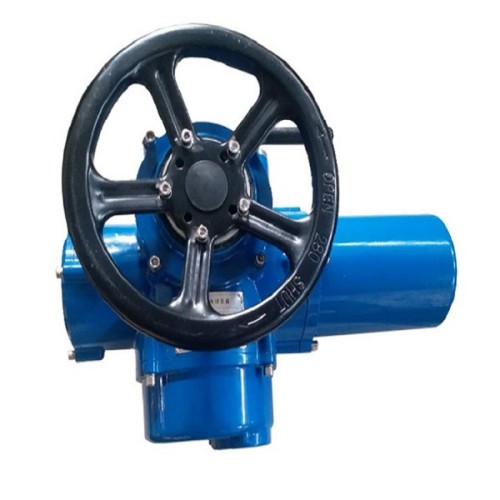2 Inch Needle Valve for Precise Flow Control and Regulation in Fluid Systems
Understanding 2 Inch Needle Valves A Comprehensive Guide
Needle valves are essential components in various fluid control applications across industries such as plumbing, chemical processing, and oil and gas. Among the various sizes and types of needle valves available, the 2-inch needle valve stands out due to its versatility and ability to manage fluid flow with precision. This article explores the characteristics, applications, and advantages of using a 2-inch needle valve.
What is a Needle Valve?
A needle valve is a type of valve that employs a slender, tapered pin or needle to control the flow of liquids or gases. The design allows for fine adjustments to the flow rate, making it ideal for applications requiring precision. The needle valve typically features a threaded stem that provides control over the valve's opening and closing action. Because the flow passage is narrow, it helps create a significant pressure drop, making it suitable for low-flow applications.
Characteristics of 2 Inch Needle Valves
A 2-inch needle valve is characterized by its nominal size of 2 inches, indicating the diameter of the valve's inlet and outlet ports. This size strikes a balance between flow capacity and control, making it suitable for various applications. Key features include
1. Material Construction 2-inch needle valves can be constructed from various materials, including stainless steel, brass, and plastic, allowing them to withstand different temperatures, pressures, and chemical compatibility requirements.
2. Pressure Rating These valves often come with pressure ratings that can range from low to high, making them suitable for different operating conditions.
3. Operating Mechanism The precision of the needle valve's design allows operators to make minute adjustments to the flow rate through small rotational movements of the valve stem.
4. End Connections 2-inch needle valves can come with different types of end connections, including threaded, flanged, or welded, allowing for easy integration into existing piping systems.
Applications of 2 Inch Needle Valves
Due to their precision and control capabilities, 2-inch needle valves are widely used in various applications, including
2 inch needle valve

1. Chemical Processing They are commonly employed in chemical plants to regulate the flow of reactants and products in processes that require strict control.
2. Water Treatment These valves can be used in water treatment facilities to control the flow of chemicals, such as chlorine or coagulants, during water purification processes.
3. Oil and Gas In the oil and gas industry, 2-inch needle valves are used in pipelines and equipment to manage the flow of hydrocarbons and other process fluids.
4. HVAC Systems They are often found in heating, ventilation, and air conditioning systems where precise flow control of refrigerants is necessary.
Advantages of Using a 2 Inch Needle Valve
The use of a 2-inch needle valve offers several advantages
1. Precision Control The design of needle valves allows for extremely fine adjustments, making them ideal for applications where precise flow control is critical.
2. Durability Depending on the construction material, a 2-inch needle valve can offer excellent durability, corrosion resistance, and a long operational life.
3. Compact Size While still providing a reasonable flow capacity, the compact nature of a 2-inch needle valve allows for easy integration into confined spaces.
4. Versatility These valves can be utilized in a wide range of industries and applications, making them a versatile choice for fluid control.
Conclusion
In conclusion, the 2-inch needle valve is a crucial component in the arsenal of fluid control devices. Its unique design enables precise manipulation of flow rates, making it ideal for various applications across industries. With durability, versatility, and the ability to provide accurate control, 2-inch needle valves play a vital role in ensuring efficient and safe operation in numerous processes. Whether in chemical processing, water treatment, or oil and gas operations, understanding the functionality and application of 2-inch needle valves can lead to better decision-making and enhanced performance in fluid management systems.
-
The Key to Fluid Control: Exploring the Advantages of Ball Valves in Industrial SystemsNewsJul.09,2025
-
The Versatile World of 1, 2, and 3 Piece Ball ValvesNewsJul.09,2025
-
Stainless Steel Ball Valves: The Ideal Choice for Efficient Flow ControlNewsJul.09,2025
-
Optimizing Fluid Control with Ball Float ValvesNewsJul.09,2025
-
Manual Gate Valves: Essential for Control and EfficiencyNewsJul.09,2025
-
Everything You Need to Know About Butterfly ValvesNewsJul.09,2025
-
The Versatility of Wafer Type Butterfly ValvesNewsJul.08,2025




